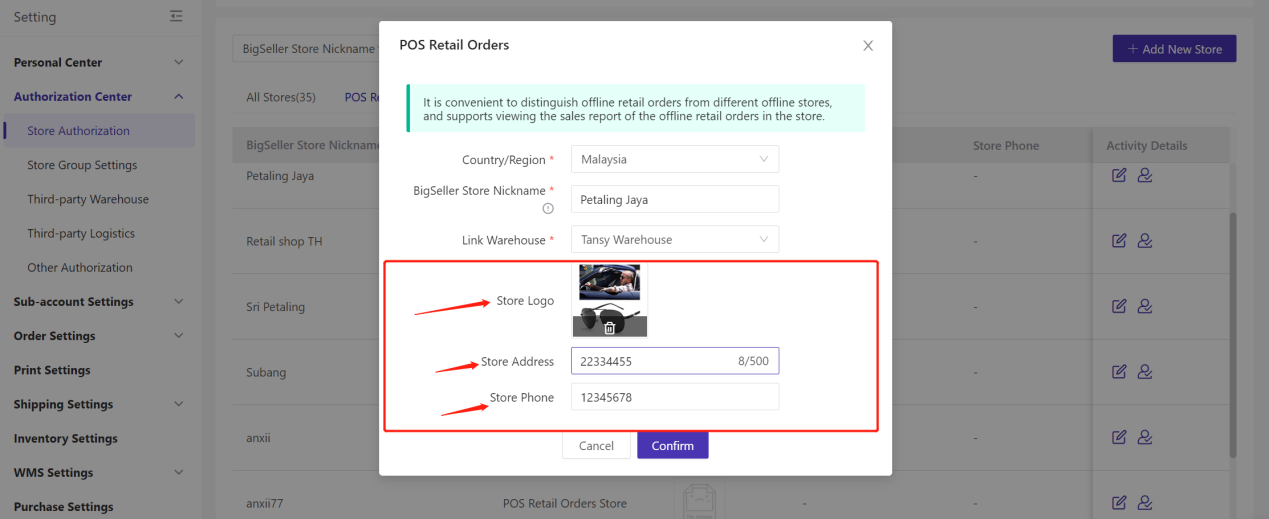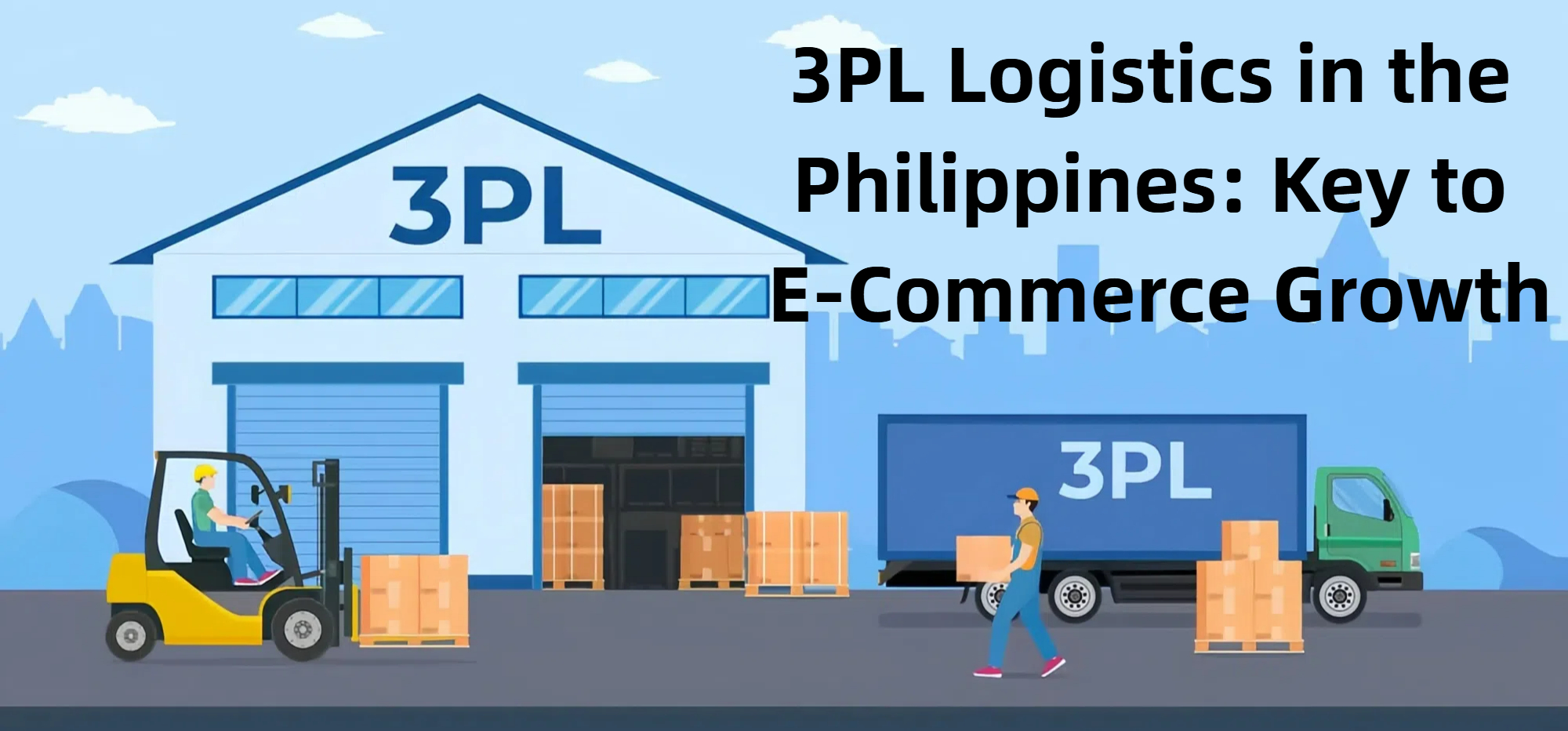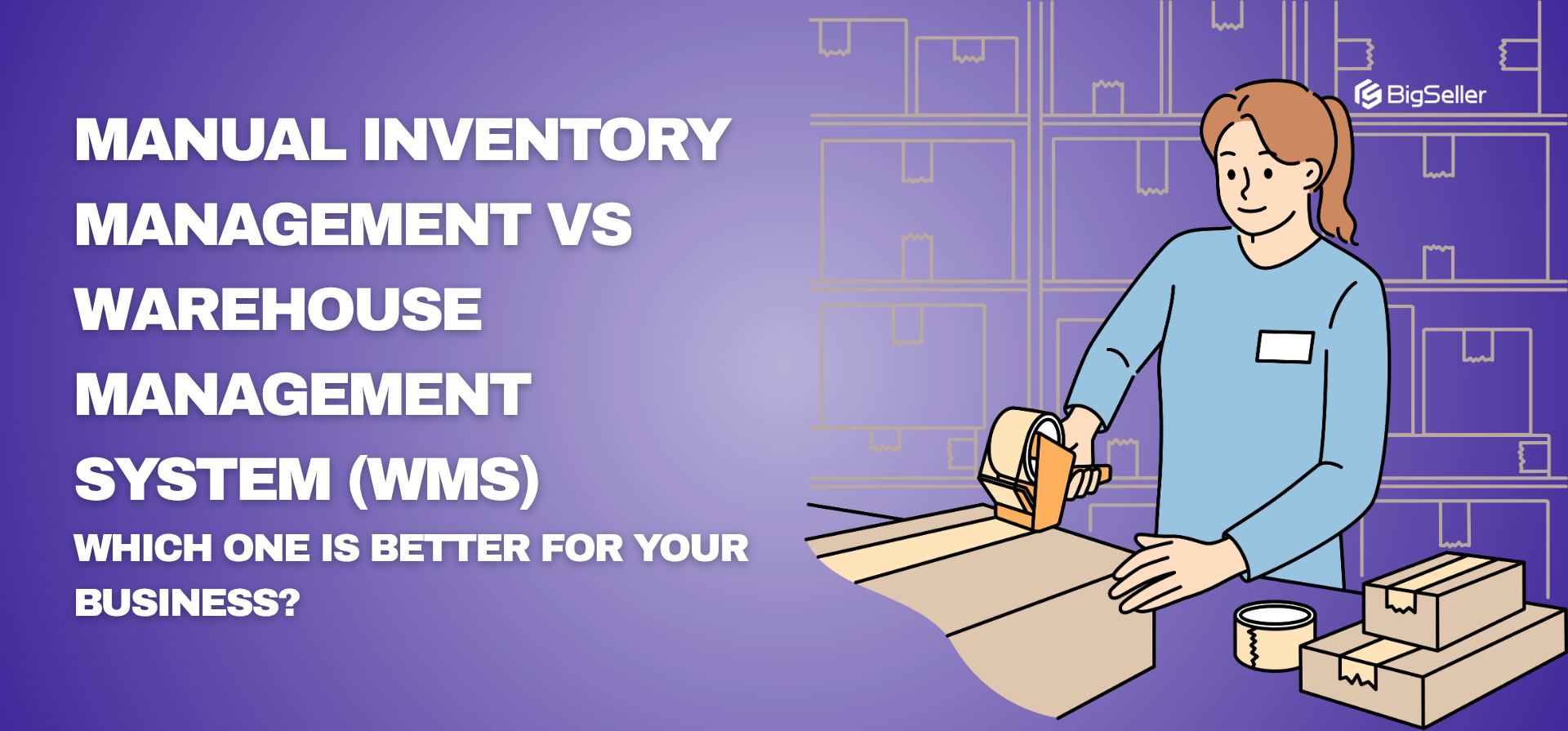Cloud vs Traditional POS Systems: Which is Right for Your Business in 2025?
Erra 03 Jul 2025 09:20ENCopy link & title
What’s the Difference Between Cloud and Traditional POS?
Here’s a quick side-by-side comparison to help you understand how these two systems work:
|
Feature |
Cloud POS |
Traditional POS |
|
Data Storage |
Stored online on cloud servers (remote, secure) |
Stored locally on your device or in-store server |
|
Access |
Accessible from any device with internet connection |
Only accessible on the specific device where software is installed |
|
Updates |
Automatic software updates by the provider |
Manual updates or reinstallation required |
|
Hardware Dependency |
Can run on tablets, smartphones, laptops, or PCs |
Requires dedicated POS hardware (e.g., terminal, scanner, printer) |
|
Internet Required |
Yes, but most systems offer offline sync features |
No, works fully offline |
Cost: Cloud POS System Offers Lower Entry Barriers
Cloud POS systems are easier and cheaper to get started with because:
-
You usually don’t need to buy expensive machines.
-
No complicated installation is needed.
-
Most cloud POS work on a monthly or yearly subscription like a Netflix plan for your shop.
-
This is great for small or new retail businesses that want to start selling quickly without spending too much.
In comparison, traditional POS systems cost more at the beginning because:
-
You have to buy special hardware (like a POS terminal, receipt printer, cash drawer).
-
You may need to pay for software licenses.
-
You might also have to hire a technician to set everything up and help maintain the system.
-
There could be extra costs over time for support or system upgrades.

Scalability: Cloud POS System Grows With You
If you’re planning to open more branches or grow your retail business, cloud POS makes that process much easier.
-
You can manage multiple outlets from one system.
-
Your stock levels, sales, and other data are synced across all locations.
-
Everything is controlled from a single online dashboard, even if your stores are in different places.
-
This saves time and keeps your operations organised as your business grows.
But with a traditional POS system:
-
You’d need to install the software separately at each store.
-
Each branch might be running independently, so your data isn’t automatically connected.
-
You might have to manually combine reports or check inventory one store at a time.
-
This makes it harder to grow efficiently and increases the workload.
Security: Cloud POS System Relieves You From Manual Backups
With a cloud POS system, your data (like sales records, customer info, and inventory) is automatically saved online.
-
If your laptop, tablet, or POS device is lost, damaged, or stolen, your data is still safe in the cloud.
-
You don’t need to worry about doing backups yourself as the system does it for you.
But with a traditional POS system:
-
Your data is saved only on the device in your store (like your POS terminal or computer).
-
If that device crashes or gets stolen, you could lose all your important business data.
-
You have to manually back it up, for example, by saving to a USB or external drive regularly.

Offline Functionality: Traditional POS System Has the Advantage, But Cloud Is Catching Up
Traditional POS systems don’t need the internet to work at all.
-
You can continue to make sales, print receipts, and operate the system 100% offline.
-
This makes it a better choice for stores in areas with unstable or no internet connection.
Cloud POS systems, on the other hand, usually need the internet to work.
-
But many modern systems now have offline mode or offline sync.
-
That means if the internet goes down temporarily, you can still process sales.
-
Once the internet comes back, those offline transactions are automatically uploaded to the system.
Which POS System Is Right for Your Business?
Here’s a simple guide to help you decide:
|
Business Type |
Best POS Type |
Why |
|
New or small retail shop |
Cloud POS |
It's cheap to start, easy to set up, and you don’t need tech skills or support. |
|
Businesses with multiple outlets |
Cloud POS |
All your stores’ data can be managed in one place, and you can scale easily. |
|
Shops in places with poor internet |
Traditional POS or hybrid |
You don’t need the internet to keep selling, so your shop won’t be interrupted. |
|
Large or busy stores needing strong hardware |
Traditional POS |
Reliable setup with dedicated devices that can handle high traffic and speed. |
Start Simple, Scale Smart
In 2025, many retail sellers will find that cloud-based POS systems offer the flexibility, lower setup cost, and real-time control needed to stay competitive. From centralised dashboards to multi-branch management and automatic data syncing, cloud POS systems are built for growth and convenience.
If you're looking for a free, easy-to-use cloud POS that supports custom pricing, multi-store order tracking, receipt printing, and tax settings, all while keeping offline retail orders organised, BigSeller Retail POS is designed with your needs in mind.

Register for BigSeller for free today and claim your 7-day VIP trial coupon.
Follow our WhatsApp channel for more seller tips and updates to help you grow smarter.




